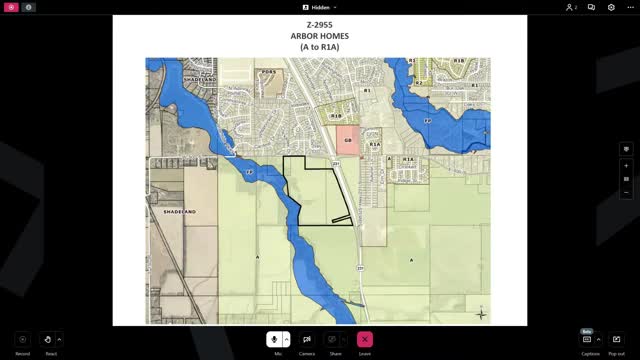Article not found
This article is no longer available. But don't worry—we've gathered other articles that discuss the same topic.
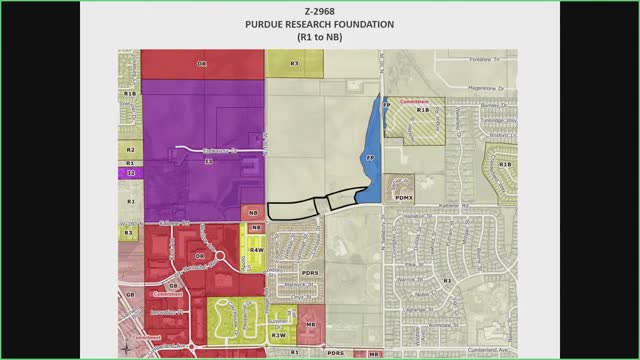
Area plan commission splits on PRF rezoning for proposed SK Hynix site; industrial rezoning recommended for denial
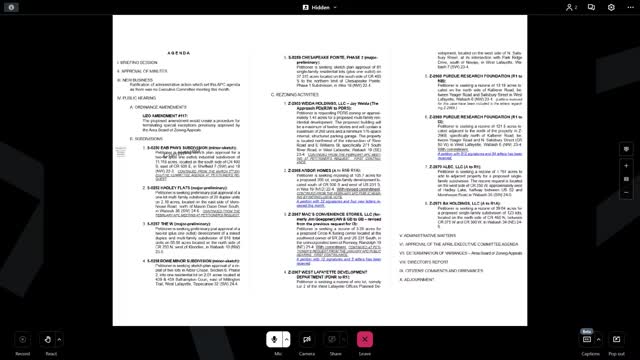
Votes at a glance: Tippecanoe County APC actions, March 19, 2025
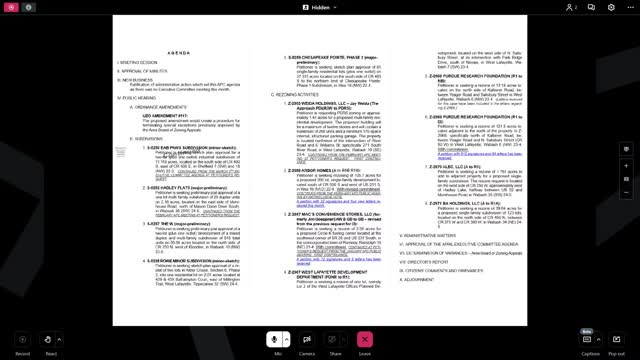
APC approves UZO change restricting who may seek BZA special‑exception terminations
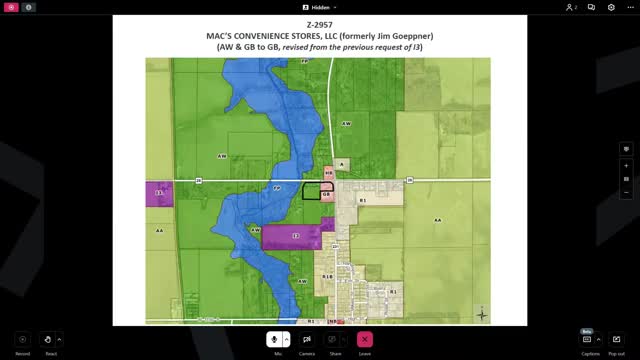
Commission backs Circle K fueling center rezoning for Romney site over staff objections; residents warn of truck noise and pollution
